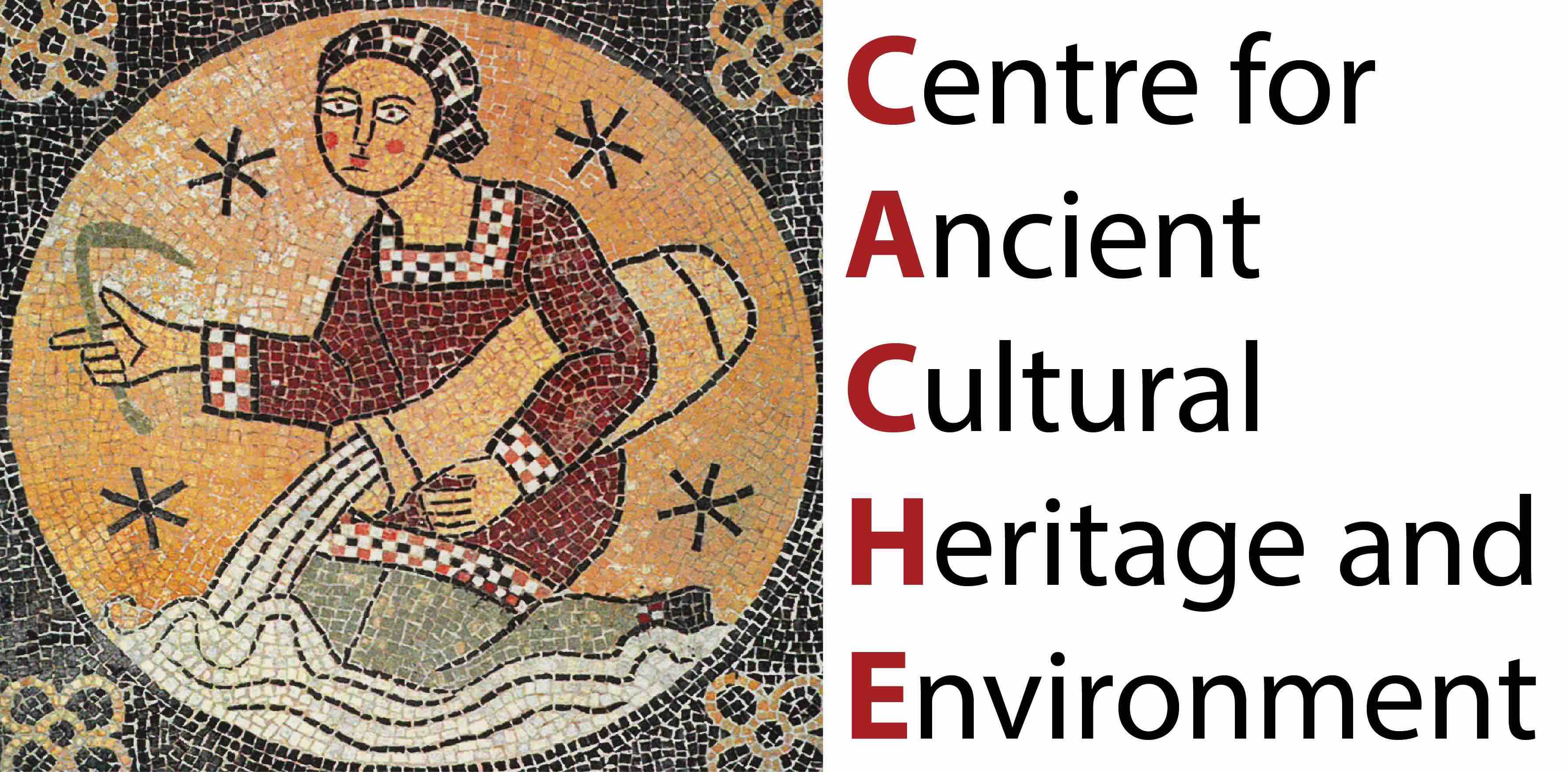Humans in Deserts - Stories of Exploitation and Survival
Humans in Deserts - Stories of Exploitation and Survival
November 7th–8th 2020
Hosted by the Centre for Ancient Cultural Heritage and Environment, Macquarie University via Zoom
Human history is marked by the need to adapt to changing environments and circumstances. Environmental aridification has been a foremost concern for past cultures and remains a key issue for contemporary society. While physical survival and continued access to resources essential for life are obvious considerations, there are also cult, socio-cultural and political reactions and adaptations to arid environments and the process of aridification which are to be taken into account. This event considered how humans in ancient times were able to survive in, but at the same time exploit, deserts and arid environments. It explored the question along the three axes of:
- Physical/functional approaches to survival, exploitation and adaptation. This will include issues of foraging, agricultural production and pastoralism, water access/storage strategies and methods of travel/traversal of hostile terrain.
- The role of art, tradition and cult/belief systems in arid environment reaction, survival, exploitation and adaptation. Motivations for supplication and communication. Coverage of religious and cognitive strategies to deal with harsh and risky environments. Most societies living on the “ecological edge” not only require political and economic adaptations to survive but also develop belief systems that assist in increasing the overall adaptive fitness of the groups; and
- The political dimension in arid environment reaction, survival, exploitation and adaptation. How did power structures develop in the margins? How could certain industries be exploited politically? Exploitation of distance/remoteness and the power of trade/exchange networks.
The symposium was organised and hosted by the Centre for Ancient Cultural Heritage and Environment (CACHE). CACHE is a multi-disciplinary research centre focused on research on cross-cultural interaction in ancient cultures from Western Europe to China. Concentrating not only on the history of the societies concerned, but on the languages used, with a special focus on the close study of physical artefacts from antiquity. CACHE engenders transdisciplinary research into ancient knowledge by gathering leading researchers across several disciplines (archaeological science, ancient history and literature, bioarchaeology, biology, environmental sciences) and departments (Human Sciences, International Studies, Biological Sciences, Environmental Sciences, Ancient History, Geography and Planning). CACHE particularly welcomes contributions reflecting the Indigenous Australian context – submissions concerned with Indigenous issues are especially relevant to the symposium and will be warmly welcomed.
PROGRAM
The Humans in Deserts - Stories of Exploitation and Survival Symposium took place over two days via Zoom.
Download the symposium program and abstracts.
Keynote paper: Prof. Mike Smith (National Museum of Australia), Modes of adaptation: The long history of foraging societies in Australia's drylands.
A distinguished archaeologist and museum curator, Mike Smith has worked extensively across the Australian desert, attempting to piece together a picture of its history. At various times he has walked the open desert with a very personable string of camels. He is currently emeritus senior research fellow at the National Museum of Australia – where he has contributed to the Songlines Project – and a professor at Flinders University in South Australia. In 2013, he was honoured with the Order of Australia (AM) for his work in the desert. He was given the John Mulvaney Book Award for The Archaeology of Australia’s Deserts (Cambridge University Press, 2013) by the Australian Archaeological Association.
CONFERENCE SPONSORS

For enquiries contact Dr Fred Hardtke at: frederick.hardtke@mq.edu.au
